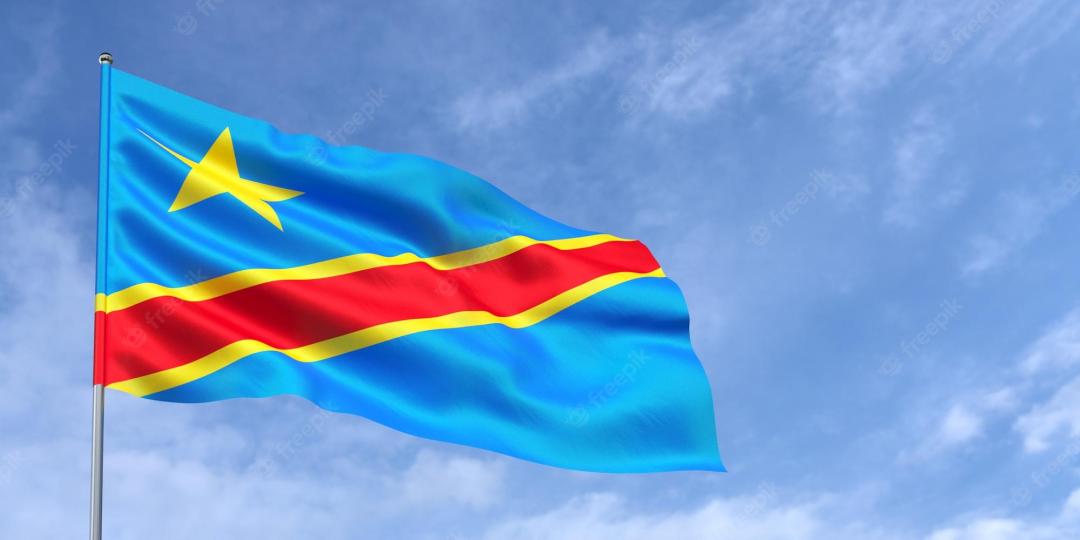While South Sudan’s membership of the East African Community (EAC) appears to be in the balance because of unpaid dues, the Democratic Republic of the Congo (DRC) has assured the bloc’s secretariat in Arusha that paying the almost $8 million in annual fees won’t be a problem.
Having unsuccessfully tried for several years to join what is generally regarded as Africa’s most progressive trade organisation, the DRC was finally given the nod in May and became a member of the EAC in July.
In the most recent development since the DRC became a member, Deputy Prime Minister Christophe Lutundula once again confirmed his government’s position towards honouring its financial commitments vis-à-vis the EAC.
He added that the government of President Felix Tshisekedi would soon send delegates to the EAC to perform certain duties, further formalising the DRC’s intention to become a proactive member of the bloc.
Sudan meanwhile has fallen into arrears and owes the EAC $20 million in unpaid fees.
The inherently volatile state, however, is not alone in owing membership monies to the EAC, as other members - Tanzania, Kenya, Rwanda and Burundi - all seem to be in arrears with payments owed to the bloc.
While other unstable economies in the region, such as Somalia, are still knocking on the bloc’s door, it remains to be seen what the EAC Secretariat will do about members such as South Sudan.
And even though the DRC has officially joined Africa’s only economic bloc with executive government powers, its membership remains on shaky ground while the EAC waits for Kinshasa to adopt EAC trade protocols and implement additional requirements.
Apart from the necessity of sending representatives to EAC organs such as the East Africa Legislative Assembly, the East African Court of Justice and the Secretariat itself, the DRC is also yet to implement required law amendments that will free up human movement in the Francophone country.
While EAC secretary general Peter Mathuki visits the bloc’s newest member, all eyes will be on the DRC to see whether it can overcome long-standing trade challenges it has faced as Africa’s second-biggest country, with the fourth-highest number of people.













